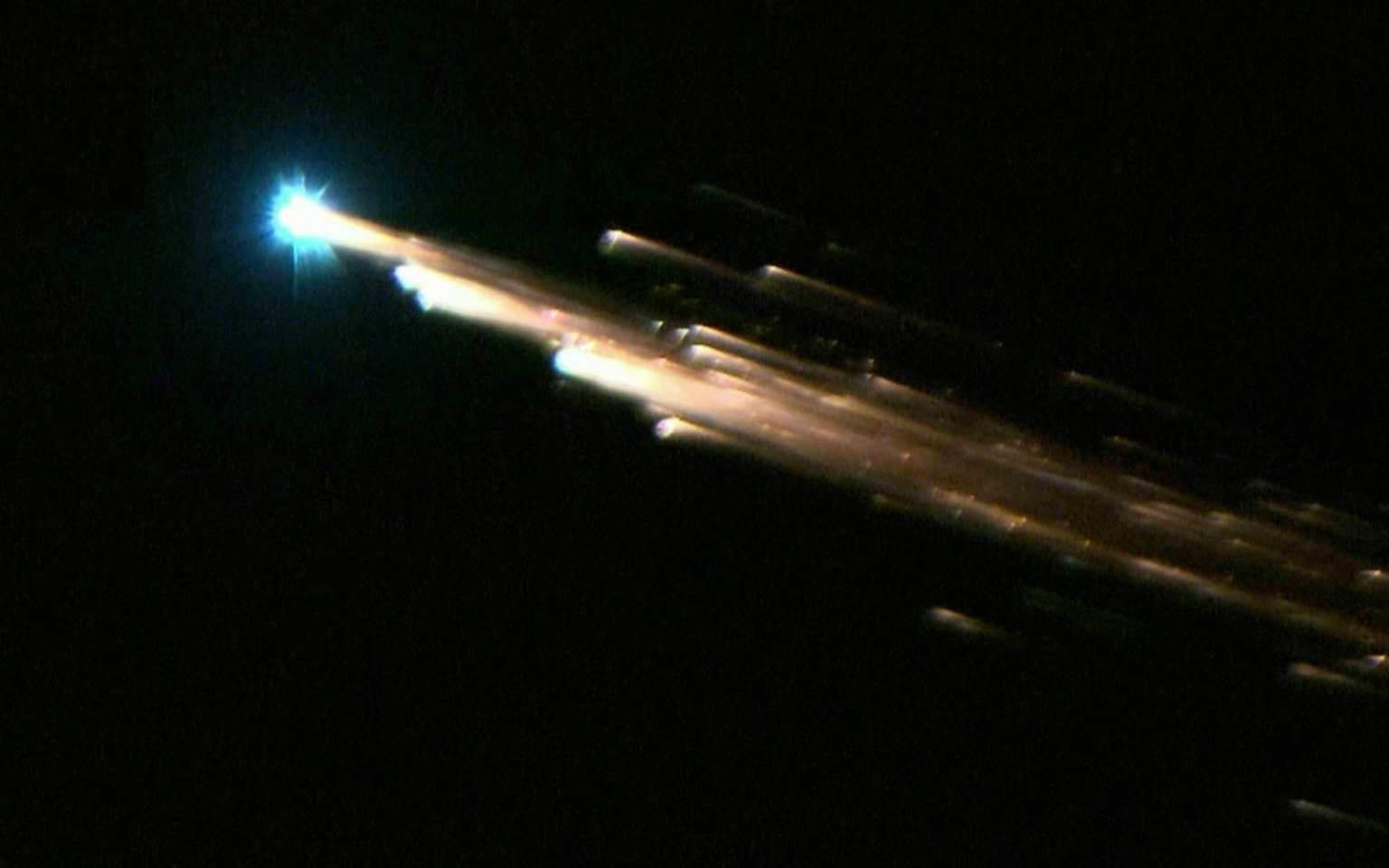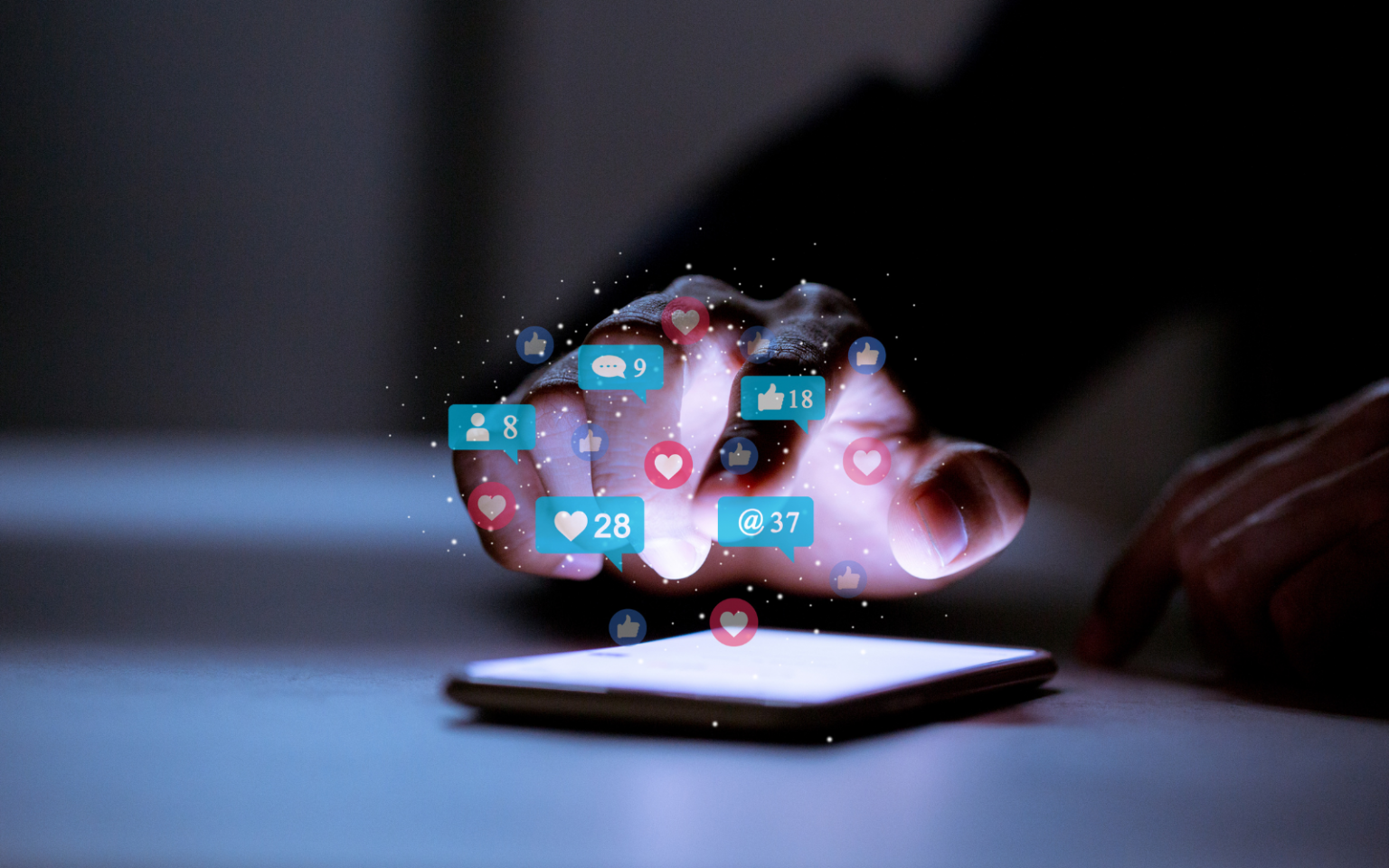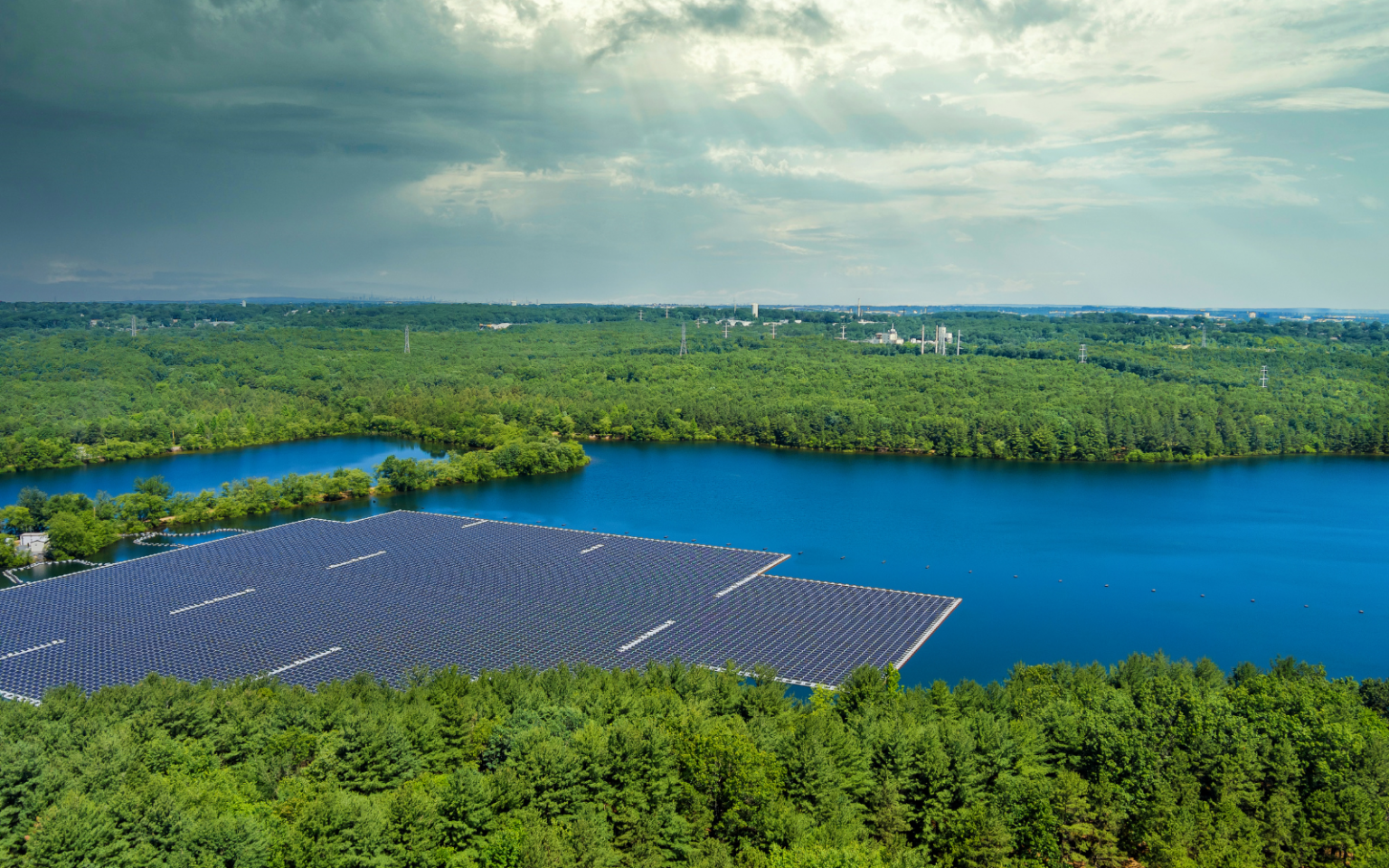Recently we have seen the launch of artificial intelligence programs such as SOUNDRAW and Loudly that can create musical compositions in the style of almost any artist. We’re also seeing big stars use AI in their own work, including to replicate others’ voices. Drake, for instance, landed in hot water in April after he released a diss track that used AI to mimic the voice of late rapper Tupac Shakur. And with the new ChatGPT model, GPT-4o, things are set to reach a whole new level. Fast. Drake just dropped a track called “Taylor Made Freestyle” on IG with AI verses from Tupac and Snoop Doggpic.twitter.com/rtELoS8Qs2 —…
Author: The Conversation
The NASA-led Artemis-3 mission will place the first human boots on the surface of the Moon since Apollo 17’s Gene Cernan and Harrison Schmitt left the lunar surface in December 1972. The goal of the Artemis programme is to establish a permanent human presence on Earth’s natural satellite and an economy based around the Moon. Artemis-3 is scheduled for no sooner than September 2026. However, further delays are likely and there are many technical challenges yet to overcome. Some might wonder whether it is going to happen at all. I am convinced it will because, unlike the Apollo programme, which would be unaffordable in today’s climate, the…
South Africa is making efforts to increase the use of solar photovoltaic energy. But it’s happening at a very slow pace. Solar photovoltaic contributes less than 5% to the country’s energy mix, despite the sunny climate, which is very favourable for solar photovoltaic energy generation. So far, less than 10% of households have started using solar photovoltaic power regularly, though evidence suggests rapid uptake in the last few years with a 349% increase in rooftop solar PV capacity from 983MW in March 2022 to 4412MW in June 2023. South Africa urgently needs to change this. It is highly dependent on coal-fired power stations – about…
Communications companies such as Starlink plan to launch tens of thousands of satellites into orbit around Earth over the next decade or so. The growing swarm is already causing problems for astronomers, but recent research has raised another question: what happens when they start to come down? When these satellites reach the end of their useful life, they will fall into Earth’s atmosphere and burn up. Along the way, they will leave a trail of tiny metallic particles. According to a study published last week by a team of American researchers, this satellite rain may dump 360 tonnes of tiny aluminium oxide…
Advances in artificial intelligence (AI) are disrupting many aspects of modern life, and the news industry is no exception. In a year with a record-breaking number of elections worldwide, there has been considerable soul-searching about the potential effect of so-called “deepfakes”, and other synthetic content, on democracies. There have also been further disruptions to the business models and trust underpinning independent journalism. Most audiences are just starting to form opinions about AI and news, but in this year’s Digital News Report survey, which we produced at the University of Oxford’s Reuters Institute for the Study of Journalism, we included questions about the…
Unlike “traditional” AI which relies on predetermined rules and patterns, generative AI can produce novel content – like text, video, images, and music. In a way, unlike old AI, generative AI can think outside the box. Its implications are profound and sprawling, with the potential to reshape virtually every branch of society. Conversations about AI often turn on whether it will be a net positive or negative for society, but our new research as part of an international team suggests that acknowledging AI’s apparent paradoxes can help us develop a clearer picture about its risks and potential benefits. We focused on four…
In the coming decade, more people will go to space than ever before as human spaceflight enters a new era. NASA, the European Space Agency and other governmental agencies are partnering to develop crewed missions beyond the Moon. At the same time, these agencies are collaborating with private companies using new technologies to drive down the price of space exploration. Companies such as SpaceX, Blue Origin and Sierra Space have developed vehicles with reusable boosters, automated flight systems and lightweight materials to support these deep space missions. Some even have ambitions of their own to build private space stations, Moon bases or mining operations in…
New research has found that several countries could meet all their energy needs from solar panel systems floating on lakes. Climate, water and energy environmental scientists R. Iestyn Woolway and Alona Armstrong analysed how much energy could be produced by floating solar panels on just 10% of the water surface of one million bodies of water globally. They found that Ethiopia and Rwanda could generate more energy than their current national energy need from the floating energy systems alone. How do floating solar panels work? Also known as floating photovoltaic systems, these are solar panels mounted on structures that float on water bodies like…
Imagine keeping a laser beam trained on a dime that’s 200 miles away. Now imagine doing that continuously for 24 hours, while riding a merry-go-round. Seem difficult? Well, that’s basically what the Hubble Space Telescope does. After months of technical issues, NASA announced June 4 that Hubble would shift into one-gyroscope mode. This essentially means that the telescope will have to rely on just one of the several gyroscopes – devices that measure an object’s orientation in space – it normally uses to track and follow objects in space. Named after astronomer Edwin Hubble, the Hubble telescope launched in 1990 into low…
Time magazine has dubbed 2024 a “super election year”. An astonishing 4 billion people are eligible to vote in countries across the world this year. Many are on the African continent, where presidential, parliamentary and general elections have already been held or are set for the latter half of the year. Artificial intelligence (AI) will play a major role in many countries’ elections. In fact, it already does. AI systems are used in a number of ways. They analyse large amounts of data, like voter patterns. They run automated chatbots for voter engagement. They authenticate voters and detect cyber threats. But many pundits and ordinary…










